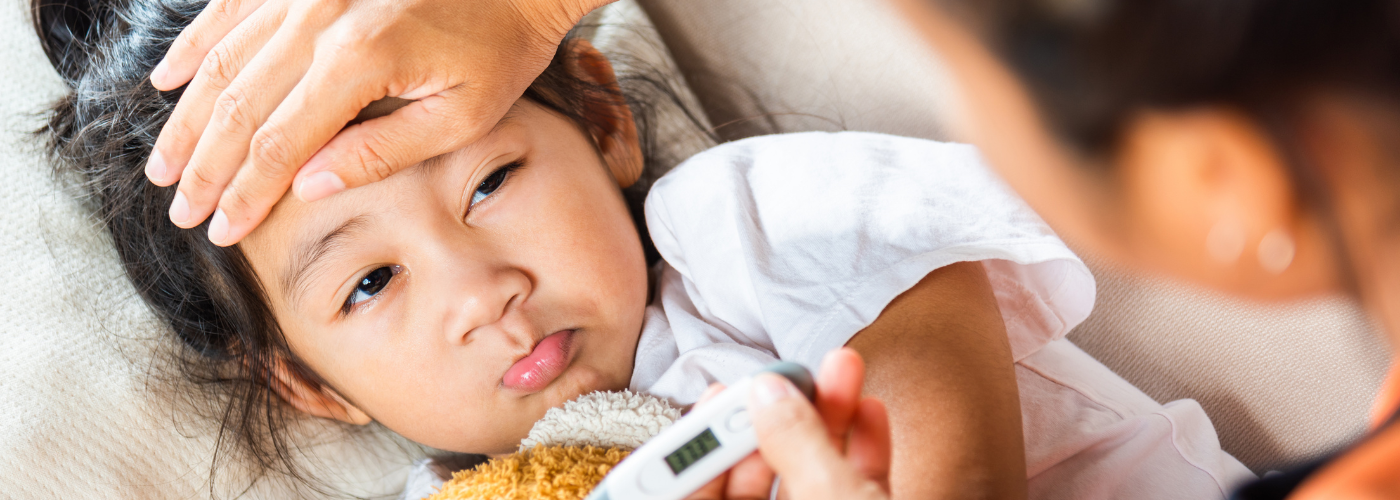Topics
Understanding Dengue Fever
Dengue fever is a mosquito-borne viral infection caused by the dengue virus, which is transmitted primarily by the Aedes Aegypti mosquito. The disease is endemic in over 100 countries, particularly in tropical and subtropical regions, including Malaysia. According to the World Health Organization (WHO), dengue cases have increased significantly in recent decades, with nearly half the world’s population at risk.
Key symptoms of dengue fever include:
- High fever (104°F/40°C)
- Severe headache
- Pain behind the eyes
- Muscle and joint pain
- Skin rash
- Mild bleeding (e.g., nose or gums)
In severe cases, dengue can progress to dengue hemorrhagic fever (DHF) or dengue shock syndrome (DSS), which can be fatal if not promptly treated.
The Role of Vaccination in Dengue Prevention
Vaccination has emerged as a crucial tool in the fight against dengue fever. The recent introduction of the Qdenga (TAK-003) vaccine offers renewed hope for reducing the disease’s burden. Approved for individuals aged 6 and older in several countries, Qdenga is effective against all four dengue virus serotypes.
Benefits of the Qdenga vaccine:
- Provides protection against all dengue virus serotypes (DENV-1, DENV-2, DENV-3, and DENV-4).
- Suitable for people with or without prior dengue infection.
- Reduces the risk of severe dengue and hospitalization.
Who should consider vaccination?
- Residents of dengue-endemic areas.
- Travelers to regions where dengue is prevalent.
- Individuals with a history of dengue fever (to prevent reinfection and severe complications).
It is important to consult a healthcare provider to determine eligibility for the vaccine and understand any potential side effects.
Complementary Measures to Prevent Dengue Transmission
While vaccination is a game-changer, additional preventive strategies are essential to minimize the risk of dengue infection. These measures focus on controlling mosquito populations and protecting individuals from mosquito bites.
Steps to prevent mosquito bites:
- Use insect repellent containing N, N-Diethyl Meta Toluamide (DEET), picaridin, or oil of lemon eucalyptus.
- Wear long-sleeved clothing and long pants, especially during peak mosquito activity times (early morning and evening).
- Sleep under mosquito nets or in air-conditioned rooms.
Environmental measures to reduce mosquito breeding:
- Eliminate standing water in containers such as buckets, flower pots, and discarded tires.
- Cover water storage containers securely.
- Regularly clean drains and gutters to prevent water accumulation.
- Use larvicides in stagnant water that cannot be removed.
Community participation in vector control programs is also vital for sustainable dengue prevention.
Why Early Detection and Treatment are Crucial
Timely diagnosis and management of dengue fever significantly reduce the risk of severe complications. Early symptoms may resemble other illnesses, such as influenza or malaria, making accurate testing critical. Diagnostic methods include:
- NS1 antigen test: Detects dengue virus within the first five days of illness.
- RT-PCR test: Confirms the presence of dengue RNA in blood samples.
- Serological tests: Identify antibodies produced in response to the infection.
Treatment for dengue fever: While there is no specific antiviral treatment for dengue, supportive care can alleviate symptoms and prevent complications. This includes:
- Adequate hydration to prevent dehydration.
- Fever management with paracetamol (avoid aspirin or NSAIDs).
- Close monitoring for warning signs of severe dengue, such as persistent vomiting, abdominal pain, or bleeding.
Severe cases require immediate hospitalization for intravenous fluids and supportive care.
Book an Appointment at Gleneagles Hospitals
Dengue fever remains a significant health threat, but advancements like the Qdenga vaccine and robust preventive strategies provide a clear path forward. Protecting yourself through vaccination, personal precautions, and environmental management is crucial. At Gleneagles Hospitals, we offer comprehensive services for dengue prevention, early detection, and treatment. Schedule an appointment today to consult with our specialists and take proactive steps to safeguard your health. You may also book an appointment via our website or download the MyHealth360 application from Google Play Store or Apple App Store.








